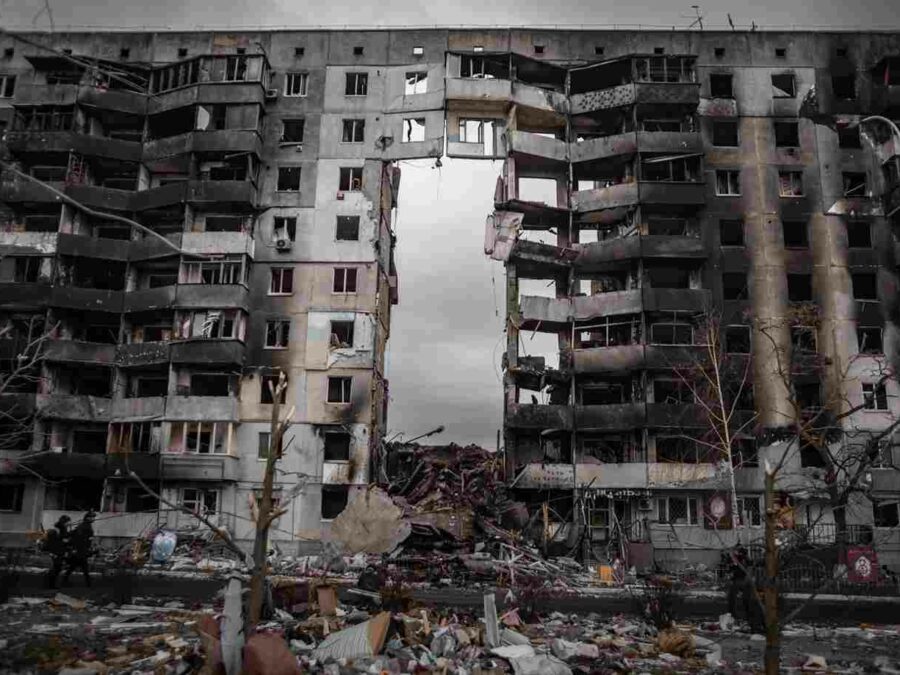The war in Ukraine, which began on February 24, 2022, has set the world’s global agenda in recent months. The conflict has left thousands dead and displaced, creating an ideological rift in the old continent. But one of the biggest consequences not often highlighted is the impact on the labour market. How has the Ukrainian war affected the labour market in Europe and the world?

How the war in ukraine affects global employment
The war in Ukraine, which began on February 24, 2022, has set the world’s global agenda in recent months. The conflict has left thousands dead and displaced, creating an ideological rift in the old continent. But one of the biggest consequences not often highlighted is the impact on the labour market. How has the Ukrainian war affected the labour market in Europe and the world?

